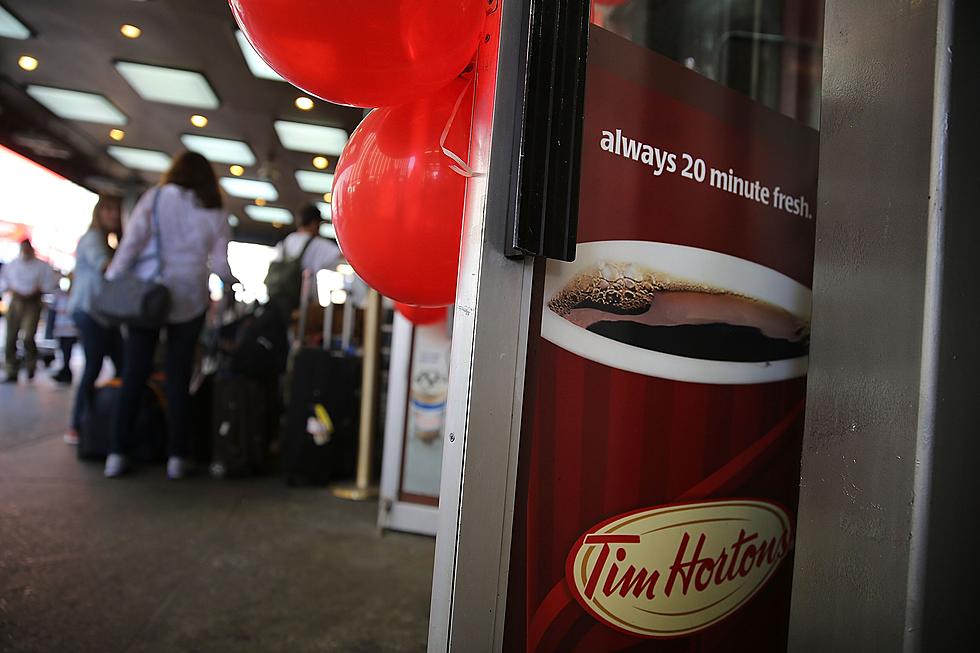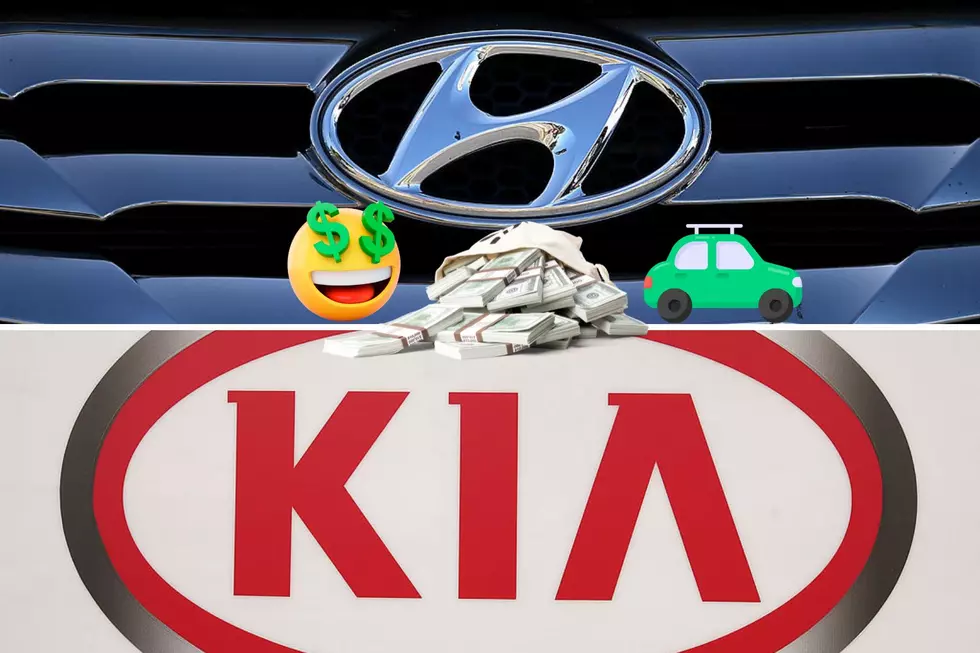
The Creepy Reason Why Tim Hortons Is Offering Free Coffee
Apps are a convenient way for restaurants to serve their customers by allowing them to order their food ahead of time and offering perks like reward points and free food and drinks. But when you sign up to use a company’s app, what do they do with your information?
Tim Hortons Caught Tracking App User's Data
Tim Hortons, the popular Canadian coffee chain where thousands of Buffalonians grab their daily morning coffee, recently reached a settlement with their Canadian app users, after it was discovered that the app tracked every time a user entered or exited their home, place of work, major sports venue, or a Tim Hortons location.
The controversy came to light after a reporter for the Financial Post found that the app tracked his location more than 2,700 times in less than five months.
The Privacy Commissioner of Canada, Daniel Therrien, commented at the time that "Tim Hortons clearly crossed the line by amassing a huge amount of highly sensitive information about its customers."
The company has since said that location-tracking technology has been removed from the app, and is offering restitution to their Canadian customers by offering a free beverage and pastry.
“We’re pleased to have reached a proposed settlement, subject to Court approval, in the four class action lawsuits in Quebec, British Columbia, and Ontario involving the Tim Hortons app. As part of the proposed settlement agreement, eligible app users will receive a free hot beverage and a free baked good.” - Tim Hortons
The statement added, “It’s important to emphasize that the allegations raised in the class actions were not proven in court and the settlement is not an admission of any wrongdoing.”
Are there digital privacy laws in the United States?
The main reason that apps collect their user’s data and personal information are to either direct users to targeted ads based on their interests and preferences or to sell their information to third parties.
According to the tech blog Server Mania, there are no federal data privacy laws in the United States. Some states have individual data privacy laws to protect their residents, but New York isn’t one of them.
However, neighboring Canada has the Personal Information Protection and Electronic Documents Act (PIPEDA), a law that governs how businesses handle personal information.
Best Coffee Roasters And Makers In Western New York
More From 92.9 WBUF









